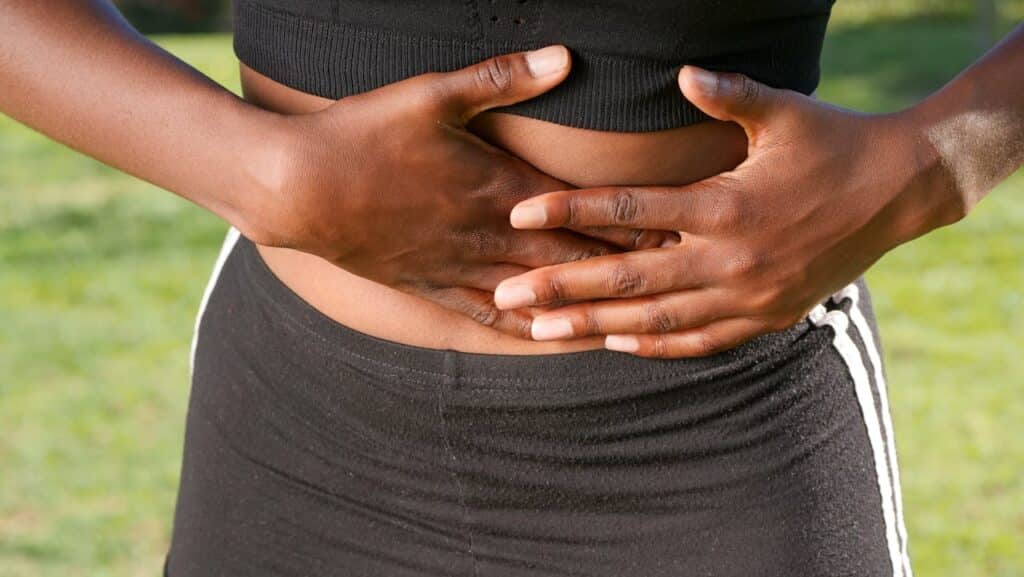Mild incontinence is a common issue that many encounter, affecting daily routines and activities. The unexpected leaks can be a source of frustration and embarrassment, yet it’s important to remember that you’re not alone, and manageable solutions are available.
Understanding the causes of mild incontinence is a crucial step towards finding relief. Factors like stress, ageing, lifestyle habits, and even certain foods or drinks can contribute to this condition. Recognizing these triggers empowers you to take control and make informed decisions about daily habits.
Addressing mild incontinence not only involves practical tips but also exploring lifestyle adjustments that can offer better control. By focusing on positive changes, you can greatly improve your comfort and confidence. The journey to managing incontinence effectively begins with small, practical steps and building an understanding of the available treatment options.
Understanding Mild Incontinence
Mild incontinence refers to the involuntary leakage of urine, often happening during activities like coughing, sneezing, or exercising. It might seem like a small issue, but it can have a big impact on daily life. Imagine constantly worrying about wetting yourself at work or during a social event. This concern can limit activities and reduce confidence.
There are several reasons why someone might experience mild incontinence. Stress incontinence, for example, can occur due to weakened pelvic floor muscles, often as a result of childbirth or aging. Lifestyle factors like dietary choices and fluid intake can also play a role. Caffeinated drinks, alcohol, and spicy foods can exacerbate symptoms.
The emotional impact of incontinence is significant. Living with this condition can lead to feelings of embarrassment, anxiety, and even depression. That’s why addressing the issue is so important—not just for physical relief but for mental peace, too. Acknowledging the problem is the first step toward reclaiming comfort and confidence in everyday life.
Lifestyle Adjustments for Better Control
Making lifestyle changes can greatly improve the control of mild incontinence. One key area is diet. Certain foods and drinks can irritate the bladder and increase urgency. Reducing consumption of caffeine, alcohol, and spicy foods can help. Furthermore, a diet rich in fibre can prevent constipation, which often contributes to bladder control issues.
Maintaining a healthy weight is also crucial. Excess weight puts additional pressure on the bladder, which can worsen incontinence. Losing extra pounds through a balanced diet and regular exercise can ease this pressure and enhance bladder control.
Exercises that target pelvic floor muscles, like Kegels, are highly effective. These exercises involve tightening and releasing the pelvic muscles, which strengthens them over time. By regularly practicing Kegels, you can improve muscle tone and reduce leakage incidents.
To improve bladder control, consider these lifestyle changes:
– Modify your diet: Avoid bladder irritants like caffeine and alcohol.
– Maintain a healthy weight: Aim to stay within a healthy range to reduce bladder pressure.
– Practice pelvic floor exercises: Incorporate Kegels into your daily routine to strengthen muscles.
These adjustments can play a significant role in managing mild incontinence and improving daily life.
Practical Tips for Daily Management
Managing mild incontinence doesn’t have to be challenging. With a few practical adjustments, you can maintain your daily routine comfortably. One helpful tip is to use protective liners and clothing designed to absorb leaks. These products are discreet and can provide peace of mind during daily activities.
Timing your bathroom visits can also be beneficial. Creating a schedule helps in training your bladder, reducing the likelihood of sudden urges. Gradually increasing the time between visits can help build bladder control over time. Consistent practice makes this approach effective.
Staying hydrated is important, yet many worry about overactive bladders. It’s key to strike a balance—drink enough water to stay healthy but avoid excessive intake. Cutting down on caffeine and alcohol, which are known bladder irritants, can also help.
Consider these additional tips for day-to-day ease:
– Wear comfortable, loose clothing to avoid bladder pressure.
– Keep a record of your fluid intake and bathroom patterns.
– Use the bathroom before leaving home or starting a long activity.
Implementing these strategies can improve bladder management and enhance your quality of life.
Exploring Treatment Options
If incontinence persists despite lifestyle changes, it’s important to explore treatment options. Seeking professional help allows you to understand available choices and find what works best for you. Common treatments range from pelvic floor therapy to medication.
Non-surgical options are often recommended for mild cases. Pelvic floor exercises, guided by professionals, can strengthen muscles and enhance control. Bladder training, another effective method, involves learning to delay bathroom trips, increasing your bladder’s capacity.
FemRenew offers personalized care solutions tailored to your needs. Our treatments focus on non-surgical, non-hormonal methods that address the root causes of incontinence. Our expertise ensures you receive safe, effective care that fits your lifestyle, helping you regain confidence and comfort.
Conclusion
Mild incontinence can be a manageable condition with the right strategies and support. By understanding its causes and impacts, implementing lifestyle changes, and exploring treatment options, you can significantly improve your daily life. Healthier choices and practical management tips can alleviate symptoms and enhance your overall well-being.
At FemRenew, we prioritize your comfort and health by providing comprehensive care tailored to your unique needs. With our compassionate approach and specialized treatments, we aim to assist you in overcoming incontinence challenges. Trust us to be your partner on this journey to achieving better bladder health and reclaiming your daily life from discomfort. Contact FemRenew today and discover the path to effective management and improved quality of life.



